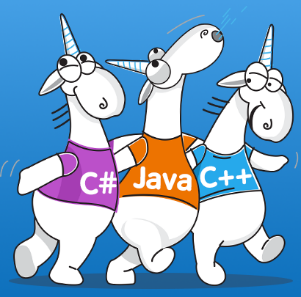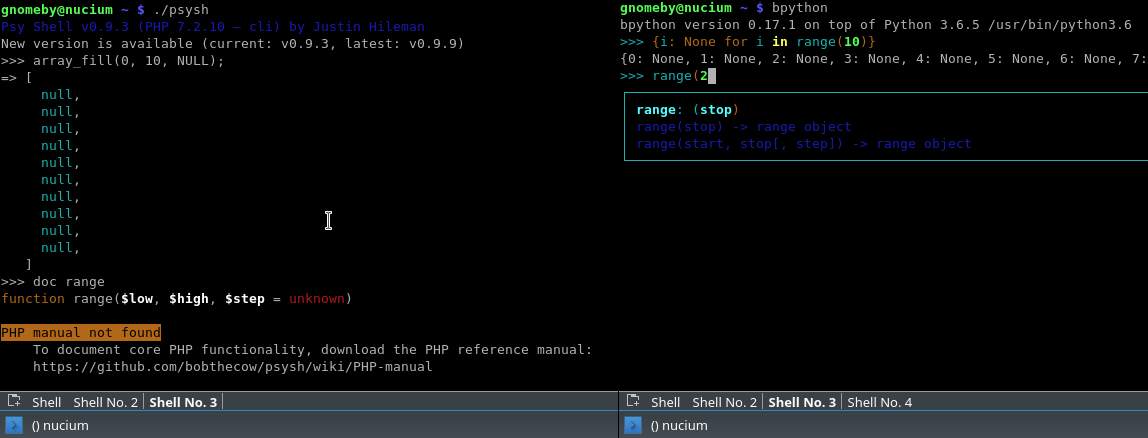 Author of the original post in Russian: HotWaterMusic
Author of the original post in Russian: HotWaterMusic
The history of the world's gamedev knows quite a few curious bugs that
had to be tackled by developers. In fact, judging from the story that Media Molecule's CTO Alex Evans
shared on his Twitter page this past weekend, many legends are still waiting to be heard. Evans is famous for
his part in a demoscene performance of late 1990s and his work on the LittleBigPlanet game series and on Rag Doll Kung Fu.
The case I am referring to in this article took place ten years ago, in 2008. While working on the first part of
LittleBigPlanet — an original puzzle platform video game that was to be released exclusively for PlayStation 3 — the company's developers came across a really hard-to-catch bug.
Normally, for a game to get the green light to be released for consoles, it needs to pass a certification process, i.e. meet a set of requirements predefined by the platform owner. The certification may also include more specific requirements, such as the game running smoothly without crashing for 24 hours.
The development of LittleBigPlanet was at its last stage, with just two weeks to final deployment and distribution. Suddenly a tester from the company's QA in Japan reported that the game was consistently crashing when left overnight. Now the release was evidently out of question unless the bug was fixed.

 Today is an important day — after 28 releases of the sixth version we present our PVS-Studio 7.00, in which the key innovation is the support of the Java language. However, during 2018 we have acquired many other important changes related to C++, C#, infrastructure and support of coding standards. Therefore, we bring to your attention a note that sums up the major changes that have happened in PVS-Studio for the last time.
Today is an important day — after 28 releases of the sixth version we present our PVS-Studio 7.00, in which the key innovation is the support of the Java language. However, during 2018 we have acquired many other important changes related to C++, C#, infrastructure and support of coding standards. Therefore, we bring to your attention a note that sums up the major changes that have happened in PVS-Studio for the last time.


 So, what is the difference? How to be prepared for this interview? Let’s be non-abstract, and use an example. To be more non-abstract, let’s take something from the material world, such that you won’t be asked the exact same thing at the real interview (at least, not at the Google interview) :)
So, what is the difference? How to be prepared for this interview? Let’s be non-abstract, and use an example. To be more non-abstract, let’s take something from the material world, such that you won’t be asked the exact same thing at the real interview (at least, not at the Google interview) :)















